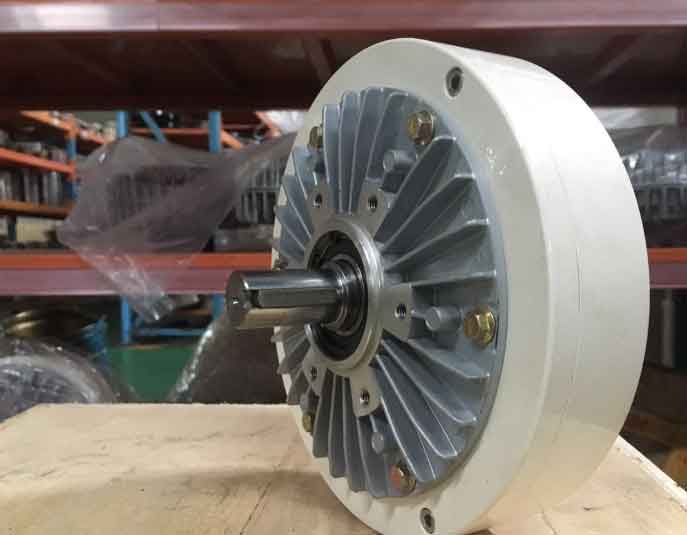Magnetic Particle Tension Control (MPTC) is an important technology used in various industrial applications to regulate the tension of moving webs. It is a type of electromechanical brake system that provides constant and precise tension control during the continuous processing of webs. MPTC uses magnetic particles to create frictional force between the rotor and stator to control the tension. Compared to other tension control systems such as pneumatic brakes, clutches, and torque controllers, MPTC has several notable advantages and disadvantages.
Advantages of MPTC
One of the significant benefits of MPTC is its capability to maintain a constant web tension. It offers exceptional control on a wide range of web speeds and varying loads. It is essential when dealing with delicate or high-value materials that require a consistent pull. The system can also handle varying roll diameters and changes in web thickness. Additionally, MPTC is easy to install and requires minimal maintenance. It is also energy-efficient and maoperates quietly without creating noise pollution.
Disadvantages of MPTC

Despite its advantages, MPTC has some disadvantages that make it unsuitable for specific applications. One significant limitation of MPTC is the heat generated during operation. As the magnetic particles rub against each other at high speeds, they create substantial heat, which can cause the system to malfunction. The generated heat can lead to thermal degradation, compromising the performance and longevity of the magnetic particles and the system’s overall performance.
Another disadvantage of MPTC is limited speed control. While it’s capable of achieving high levels of accuracy, speed control can be challenging, especially at high speeds. MPTC can also experience variations in tension levels when dealing with certain web materials such as those with high elasticity and irregular surfaces.
Difference from Other Tension Control Systems
MPTC stands out from other tension control systems because of its unique design and functionality. Compared to other systems that rely on air pressure, electric power, or mechanical components, MPTC uses magnetic particles to generate the necessary force to control tension. Unlike air brakes and clutches, MPTC does not have consumables such as air filters or hoses that require replacement or maintenance. It also operates silently, making it ideal for applications that require minimal noise.
One of the significant advantages MPTC has over other systems is its low inertia. As the magnetic particles disengage and engage with the rotor and stator, frictional forces are generated, providing a fast response time to changes in tension. This feature makes it ideal for high-speed applications that require fast and precise tension control.
MPTC vs. Other Tension Control Systems
| Magnetic Particle Tension Control | Pneumatic Brakes | Clutches | |
|---|---|---|---|
| Operating Noise | Quiet | Loud | Loud |
| Maintenance | Low | Moderate | High |
| Response Time | Fast | Moderate | Moderate |
| Speed Range | Wide | Limited | Limited |
| Accuracy | High | Moderate | Moderate |
Conclusion
Magnetic Particle Tension Control is a reliable and efficient technology used in various applications such as printing, converting, and packaging. Its ability to maintain a constant tension and handle varying loads and web thicknesses makes it an ideal choice for sensitive or high-value materials. However, it is not without its limitations. The heat generated during operation and limited speed control may make it unsuitable for certain applications. MPTC has unique properties that set it apart from other tension control systems such as its low inertia, low operating noise, and fast response time. If you are considering using MPTC for your operations, it is essential to weigh the advantages and disadvantages to determine if it’s the right technology for your specific application.